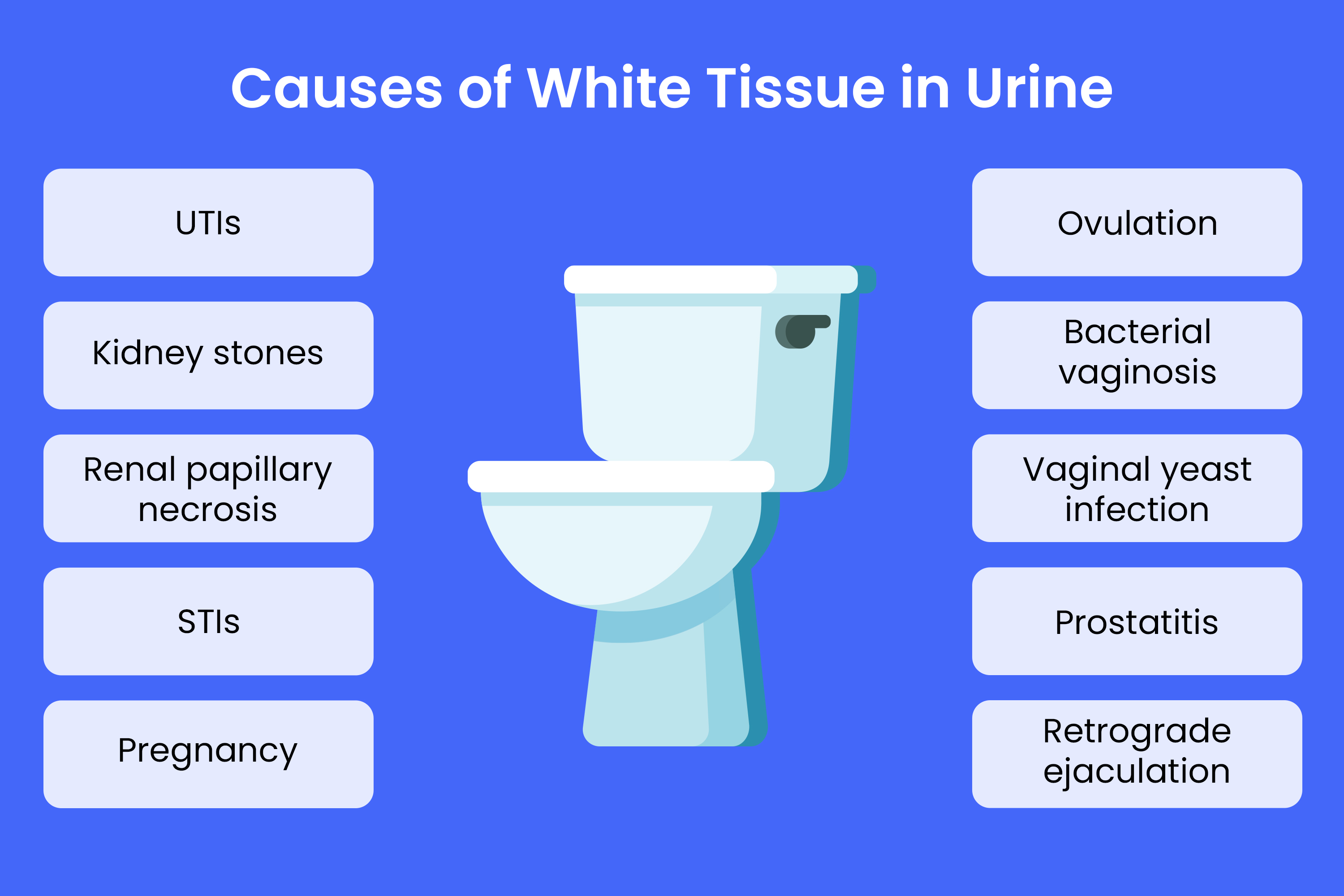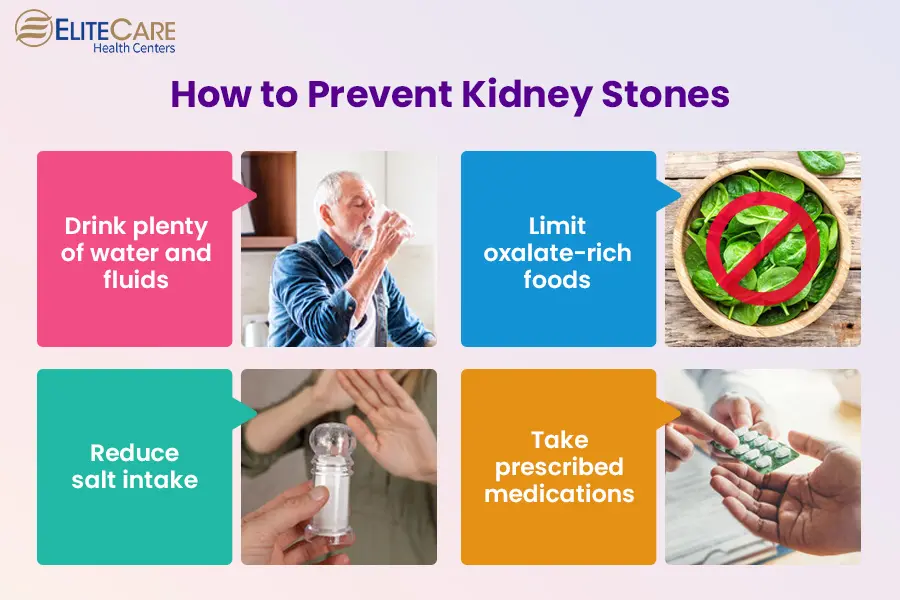Discovering the Manifestations and Causes of Kidney Stones in Contrast to Urinary System System Infections: An In-depth Overview
The exploration of kidney rocks and urinary system tract infections (UTIs) reveals an intricate interaction of symptoms and underlying reasons that call for mindful exam. What are the crucial differences in their signs, and exactly how might these notify therapy approaches?
Overview of Kidney Stones
Kidney stones, likewise called kidney calculi, type when particular compounds in the urine crystallize and aggregate, leading to the development of difficult down payments within the kidneys. These rocks can differ in size, varying from a grain of sand to a golf ball, and can be made up of various products, the most usual being calcium oxalate, uric acid, struvite, and cystine. The formation of kidney stones is affected by several variables, including dietary routines, fluid consumption, and genetic tendency.
Signs of kidney rocks might include extreme discomfort in the back or side, blood in the pee, queasiness, and constant urination, especially as the stone moves with the urinary system. Medical diagnosis typically involves imaging studies such as ultrasound or CT scans, alongside urinalysis to identify the stone's structure.
Therapy choices differ based on the size and kind of stone, as well as the severity of signs and symptoms (Kidney Stones vs UTI). Small stones might pass normally with enhanced liquid intake, while larger rocks may call for medical interventions such as lithotripsy or surgical elimination. Recognizing the pathophysiology and risk variables connected with kidney stones is necessary for efficient avoidance and administration
Review of Urinary Tract Infections
Urinary tract infections (UTIs) are typical microbial infections that impact any part of the urinary system, consisting of the kidneys, ureters, bladder, and urethra. They mostly take place when germs, typically from the stomach system, get in the urinary system, leading to inflammation and infection.
The occurrence of UTIs is significantly higher in females than men, primarily as a result of physiological distinctions, such as a much shorter urethra. Threat elements include sex-related activity, certain contraceptive techniques, urinary retention, and dehydration. The medical diagnosis of UTIs is typically verified via urine examinations, which might reveal the existence of microorganisms, white blood cells, or red cell.

Signs of Kidney Stones
The discomfort related to kidney stones can manifest in different ways, commonly leading people to seek clinical attention. One of one of the most typical signs is severe discomfort, generally local in the reduced back or side, which might radiate to the abdomen or groin. This pain, typically referred to as sharp or cramping, can occur instantly and may change in intensity.
Furthermore, individuals may experience hematuria, or blood in the urine, which can range from tiny quantities to visible discoloration. This signs and symptom might be gone along with by changes in try this website urinary practices, such as enhanced frequency or seriousness, in addition to pain throughout peeing. Nausea or vomiting and vomiting are likewise common, often arising from the body's response to intense pain.
In some instances, people may experience high temperature and cools, particularly if a secondary infection establishes due to the blockage triggered by the stones. Generally, the mix of extreme discomfort, hematuria, modified urinary system patterns, and gastrointestinal symptoms can provide significant understanding into the presence of kidney rocks, necessitating punctual clinical examination and treatment. Understanding these signs is crucial for timely medical diagnosis and reliable management of the problem.
Signs of Urinary Tract Infections
Infections within the urinary system system commonly provide a range of distinct signs and symptoms that can significantly affect day-to-day live. One of the most common signs consist of a consistent impulse to urinate, usually accompanied by a burning experience during urination, called dysuria. Individuals may likewise experience raised frequency of peeing, producing percentages of pee each time.
Other notable symptoms consist of over cast or foul-smelling pee, which may indicate the existence of germs or pus. In some instances, urine may appear red or pink because of the you can find out more existence of blood, a problem called hematuria. Furthermore, people may experience pelvic discomfort or pressure, which can better worsen the feeling of urgency.
Systemic symptoms may additionally manifest, such as high temperature, cools, and exhaustion, specifically if the infection has actually ascended to the kidneys. It is essential to acknowledge these signs early, as unattended urinary system system infections can bring about a lot more serious issues. Kidney Stones vs UTI. Prompt clinical interest is recommended when these signs and symptoms are observed, enabling proper diagnostic assessment and treatment to minimize pain and avoid additional health issues
Reasons For Each Problem
Often, kidney stones and urinary system infections develop from unique yet sometimes overlapping reasons that can impact individuals in different ways. Kidney rocks usually develop as a result of metabolic variables, nutritional choices, and genetic predispositions. Enhanced degrees of calcium, oxalate, or uric acid in the urine can cause rock formation. Dehydration, insufficient fluid intake, and high-sodium diet plans can worsen these conditions, promoting condensation within the urinary system.

Recognizing these distinctive causes is crucial for prevention and therapy. Kidney Stones vs UTI. While way of living modifications may minimize the threat of kidney stones, suitable hygiene and punctual treatment of urinary system system infections are essential for lowering their reoccurrence and linked problems
Verdict
In recap, kidney rocks and urinary system system infections present distinct signs and symptoms and underlying causes. Kidney rocks are defined by severe discomfort and metabolic factors, while urinary tract infections primarily include bacterial infections leading to urinary seriousness and pain.
The exploration of kidney stones and urinary system tract infections (UTIs) reveals a complex interaction of signs and underlying causes that call for mindful examination.Urinary system tract infections (UTIs) are common microbial infections that affect any kind of component of the urinary system, including the kidneys, ureters, bladder, and urethra.Frequently, kidney stones and urinary system system infections develop from distinct yet you can check here sometimes overlapping causes that can influence individuals in different ways.In recap, kidney stones and urinary tract infections existing distinct signs and underlying reasons. Kidney stones are identified by serious discomfort and metabolic aspects, while urinary system infections mostly involve bacterial infections leading to urinary system necessity and discomfort.